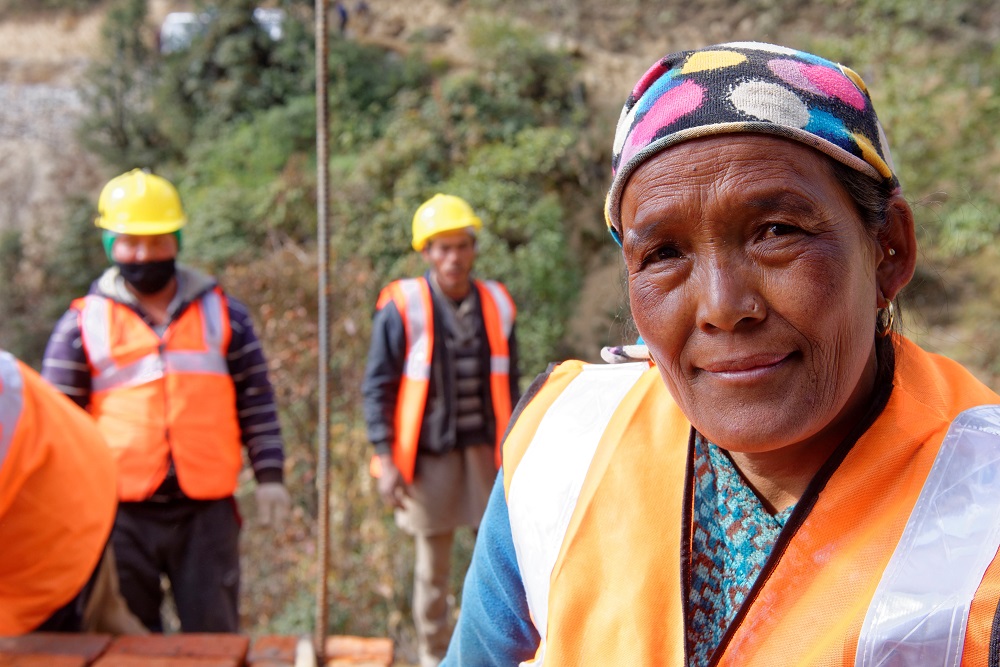
Only half of workers worldwide hold jobs corresponding to their level of education
Over the years, considerable effort has been invested in improving the educational attainment of people worldwide, especially as part of the implementation of the Millennium Development Goals and the Sustainable Development Goals. However, the enormous progress achieved in raising levels of education, especially among women and girls, has not translated into corresponding improvements in labour market outcomes.
Only half of workers worldwide hold jobs corresponding to their level of education Read More »









